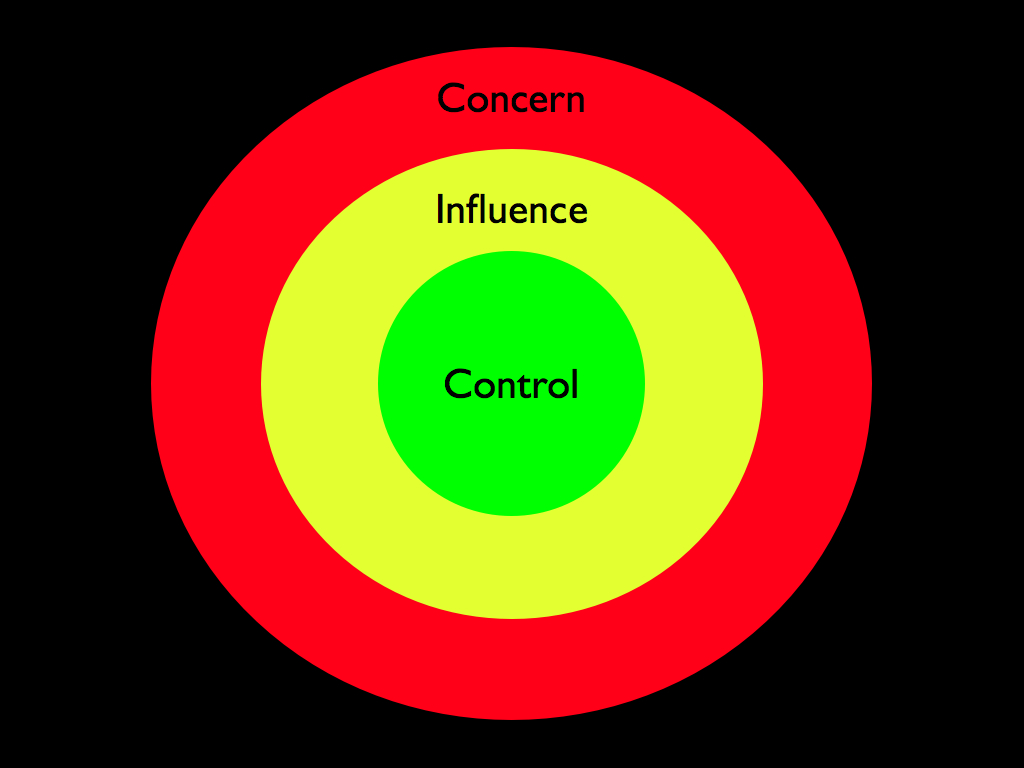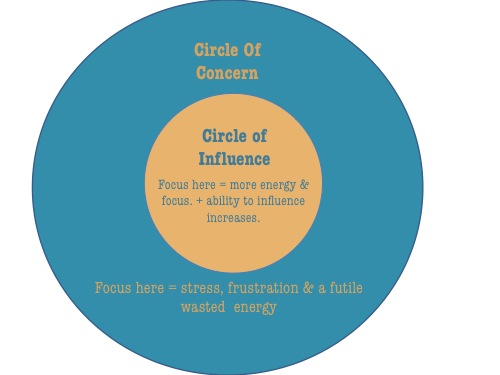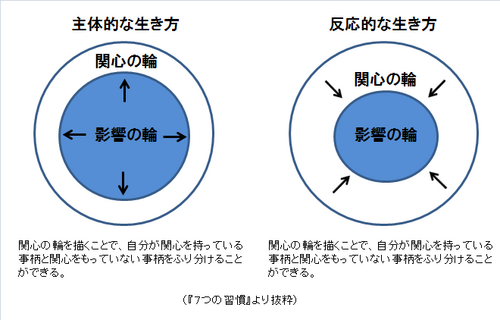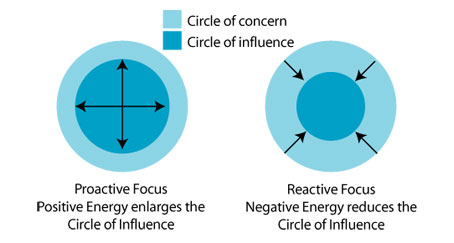「古之慾明明德於天下者,先治其國;欲治其國者,先齊其家;欲齊其家者,先修其身;欲修其身者,先正其心;欲正其心者,先誠其意;欲誠其意者,先致其知・・・」
大學
“The ancients who wished to illustrate illustrious virtue throughout the world, first ordered well their own states. Wishing to order well their states, they first regulated their families. Wishing to regulate their families, they first cultivated their persons. Wishing to cultivate their persons, they first rectified their hearts. Wishing to rectify their hearts, they first sought to be sincere in their thoughts. Wishing to be sincere in their thoughts, they first extended to the utmost their knowledge.”
Confucius
The Great Learning
“Most of the shadows of this life are caused by standing in our own sunshine.”
Henry Ward Beecher
So, I haven’t always been into fruity, self-helpy, personal developmenty books. In fact, I used to think they were kind of stupid and took great pleasure in mocking them directly and vicariously. It wasn’t until I actually read them that I was like “hey…this is kinda cool”; sure, there are plenty that suck, but all one accomplishes by saying that is to (1) restate Sturgeon’s Law and (2) imply that one is too blind and incompetent to pick books for oneself and tell good from bad.
One of the books that I took great pleasure in hating without reading was Stephen Covey’s The 7 Habits of Highly Effective People.
You know, I’m not sure how I feel about haters. Obviously hate for hate’s sake is bad — just like druhgs, right? And the trolling you see online if you do something stupid like Google someone moderately famous’ name or read past the third comment on a YouTube video is, well, hate for hate’s sake. But the hagiographic worship that a Mozart, an Einstein or a Dalai Lama gets is equally…gross. That’s right, I just said something mean about the Dalai Lama.
No, it’s not that it’s gross, many things are gross but cool. It’s disempowering (apparently this is my new favorite word). In fact, being a hater and being a worshipful fanboy are equally disempowering states: kind of like how living in a Communist country (extreme left) and living in a Fascist country (extreme right) ends up kind of looking and feeling eerily similar in many ways. The hater’s frothing at the mouth and the fanboy is drooling with admiration; either way, someone’s done gone lost control of their bodily fluids.

Circle of Control, Circle of Concern: I love the color scheme in this diagram because the red implies “don’t go there!”
So, it’s not that I’m ambivalent about haters: being one is bad. It’s just that…at some cosmic level, haters probably act to counterbalance all-out, unquestioning worship? Or not, I dunno; maybe that’s just what they’d like to think they’re doing. Anyway, I’m just saying: don’t stare at your heroes, become them.
Back to talking about myself again. I still have issues with 7 Habits, namely, the fact that it’s popular. You see, I was a hipster before being a hipster was even a thing. So, contrary to my own advice, I have major issues reading books that are popular. I don’t feel like I’m trying to be iconoclastic, but I definitely get this perverse feeling of superiority from being one of the “chosen few” who knows or likes a certain book.
Gosh, and I also have no patience for the people who praise a book without ever reading it. Gol…
To be fair, though, TSH is an unnecessarily verbose book (look who’s talking) and is pretty dry to boot; it’s no Cracked.com; this isn’t Maddox or Tucker Max. Frankly, I blame the reading public — the time (the 1980s), Covey’s audience and his background as an academic demanded he write a cure for insomnia, a “serious” book; no one would have taken him or his ideas seriously if they’d been delivered with the kind of titles and prose that Larry Winget or even Randy Gage uses. So, in addition to once plodding and then thumbing through the original, I’ve mostly read condensed versions and skimmed Japanese translations of it.
AJATT: hypocrisy in every paragraph.
Now that I’ve spent the last ten paragraphs complaining to you about irrelevant crap, let me get to what I actually wanted to get to today. There’s a really cool part in 7 Habits where Coves (new nickname) compares and contrasts what he calls the “Circle of Influence” and the “Circle of Concern”.
- Circle of Concern: all the things you care about,
- Circle of Influence: all the things you can actually do something about right now.
The two are basically sets in the mathematical sense. Coves’ (very sage) advice is that if you focus deeply on your circle of influence, it will eventually expand out into your circle of concern, and, if you’re as callous and self-centered as me, may even come to encompass it completely. However, if you focus on your circle of concern, your circle of influence will not only not expand, it will actually contract! As one AJATTeer’s dad once counseled him: if you can control it, don’t worry about it. If you can’t control it, don’t worry about it.
Because I get confused, I’d like to rename Covey’s two sets. We’ll call one the circle of control, and the other the circle of concern 1. Same idea, different name. The original naming confuses me whereas alliteration puts me at ease. Regardless of what you call them, I think there is perhaps no concept in all of personal development that is more directly — concretely — relevant to language acquisition than that of the circle of control/circle of concern.
In terms of words and phrases, which we’ll take as our working units of a language:
- The Circle of Concern: is all the words and phrases you’re worried about. Basically the entire language, or at least all the words and phrases that a typical native speaker understands and uses.
- The Circle of Control: is all the words and phrases that lie within your current reach — that you either know already (i), or that are easy enough for you to understand/say/learn/assimilate right now (i+1).
Most language-learners, like good little boys and girls, focus unduly (often completely) on the circle of concern. They spend literally all their time worrying, fretting and self-flagellating. 2 They think they could never possibly do it and there’s too much and oh my Dawkins I can’t breathe…I can’t breathe; I can’t do this, Khatz; I need a break, I…I…
WTF, right? Yeah. But it happens. I see it all the time. If Covey is to be believed (and I certainly think he is), placing any focus at all on the circle of concern is undue; it’s worse than useless — it’s an actively destructive force, because it causes the circle of control to contract! Concern contracts control!
Every nanosecond you spend worrying robs time, energy and resources from doing what you can do. Every moment you hate yourself for not knowing more Japanese is a moment that not only:
- robs you of the chance to do and try something helpful, but also
- actually makes you worse at Japanese 3 and — to top it all off —
- makes you just that much more likely to quit Japanese altogether.
Because if getting used to Japanese is as painful as you make it for yourself by living in your circle of concern, then quitting becomes the only biologically reasonable choice for you: no healthy organism desires pain and suffering; when the stove is hot, you move your hand, and save your hand. And it doesn’t matter that it’s you who made the stove hot; it doesn’t matter that Japanese is neutral and you (and your choices) are what’s making it suck; heat is heat. You’re going to move your hand anyhow.
And then what happens? Then your circle of control — your current Japanese ability (i) and everything near it (i+1) — contracts, because every moment you’re not getting better at Japanese, you’re getting worse at it. Now there’s less you’re able to learn because there’s less you know. Not to mention all the things that happen to your cognitive ability (hint: it tanks) when you worry; we’re not even going to get into that (not because it’s not important, I just…don’t feel like looking up research right now…but it’s there and it’s pretty amazing; apparently, when you’re worried, there are hormones your body can release that actually straight up kill brain cells).
Worry literally makes us stupid, short- and long-term. I’d venture that you’re smart, very smart (you’re reading this — you’re off the charts 😛 ). But smarts are like time — hours — in that if you use them up worrying, there’s less and less (and, in extreme cases, none) left for the things that matter, things like having fun and having fun while doing stuff that helps.
Ironic, isn’t it? Do you see why you want to chill? Do you see why people who are chill do so well? They’re not chill because they’re doing well: they’re doing well because they’re chill. It’s very Greek tragedy-esque, with lots of circular causation and feedback loops: what we think is the effect is actually the cause, but it also causes more effects, including more of itself 4. Do you see why the learner paradox (learn a word but not necessarily that word) makes sense? Do you see how self-fulfilling prophecies fit in to all this? Do you see how people who spend time searching and arguing for erudite-sounding theories of their limitations shoot themselves in the hands, feet and head?
Never ever worry about what you don’t know in the language. Instead, use what you do know to ladder up to something else. Don’t be a hero, be an engineer: do what you can do right now. Maybe all you can make sense of now are sounds, and that’s cool. “Only” being able to make the sounds of a language matters! Have you heard what heavily accented Japanese sounds like? Watch Mortal Kombat: Legacy, Season 1 Episode 7 5. Your ears will bleed.
Internalizing the rhythm and prosody of a language matters and it counts and it’s progress and it’s something you can do before ever being able to “speak” (have lexical control) over the language. In fact, arguably, the less lexical control you have, the better, because you won’t go trying to hear things that are written but never spoken; you’ll have fewer beliefs about what people should say interfering with the actuality of what people do say. Part of the reason Japanese-accented English is so deeply rooted is because most Japanese people learning English insist on doing so through a katakana filter, so they’re constantly adding sounds that don’t exist and removing sounds that do exist (more the former than the latter). 6
And maybe you can’t even do that. Maybe it’s all a blur to you. Maybe it’s all one big, auditory blur. That’s good. Listen — hear. Hear the language until all the sounds “split out” for you (it happens…it happened for me in Cantonese; there’s plenty — puh-lenty — of words in my circle of concern but all the sounds of the language made their way into my circle of control effortlessly after lots and lots of hearing dubbed Batman: The Animated Series 😀 ).
So, yeah, circle of control, circle of concern. Focus on what you can control, and you’ll eventually control more; the things currently outside your control will enter your control. You feel like the whole world is insane? Tidy your room; you’ll feel a lot better and the world will make a ton more sense; and maybe once you figure out how to keep your room in order, then perhaps we’ll let you loose on the world 😛 ; maybe once you can keep your personal space — your body and kitchen — clean, you can come tell us about “the enviroment” [sic].
You feel like the entire Japanese language sucks and is lame and boring? First fix your bookshelf and your browser bookmarks and your SRS decks 7, then we can talk. Learn the words that are in reach now, and more words will come within reach. Do fun stuff first, and you’ll ace the boring stuff that’s supposedly relevant as well 8.
Notes:
- Looking around, it seems that Covey may have used 3 sets at some point, and one of these sets was the circle of control, but I can’ t be bothered to dig into that… ↩
- Sort of like a girl, who complains about there being “no good men”…to a good man (and vice versa; I’m sure there’s a girl version of this, I’ve just never experienced it…). Right to their face. Right in the face. Repeatedly. Like a roundhouse kick. Delivered over and over. Or the guy who complains about having no friends…to his friends. They’re so concerned with their situation that they can’t take the controls that are sitting in front of them.
Being on the receiving end of that is lame. And maybe the metaphorical people that are Japanese words feel that way, too. You go around saying: “I DON’T KNOW ANY JAPANESE WORDS!” And all the Japanese words you do know get their feelings hurt, and they think: “screw this guy; he doesn’t even think we count or exist; let’s go somewhere else, somewhere we’re appreciated”.
It’s like getting a new toy for Christmahannakwanzaa and being upset that you don’t own the whole store yet.
When kids learn a new word or phrase, they’re often overjoyed; they’re saying it all the time…enjoying how it sounds rolling off the tongue…For a while, it becomes their catchphrase, their new favorite thing — their new toy. ↩
- Affective Filter Hypothesis…can I get a witness? ↩
- Acting native-like (immersion) is both the cause and effect of…becoming native-like (immersion) ↩
- Disclaimer: Nobody needs to be made fun of for their language skills — especially adults — and I’m just grateful that they made the effort to have Japanese dialog at all; like a weird gift from a beloved uncle, it’s a noble gesture and it’s the thought that counts. ↩
- There are all these theories about how “the Japanese ear” cannot process certain sounds and that’s why so many Japanese people’s English is bad. Which is all well and good, but it doesn’t explain the Japanese people (born and raised in Japan, into adulthood) whose English gets good in Japan, in adulthood.
Plus it sure would help if somebody actually taught phonics or something; I know many Japanese people who “know English”, i.e. they took it in school, but don’t actually know the sounds that the letters make; they’ve never been directed to pay attention to how English actually sounds and how to physically reproduce those sounds. And maybe if somebody taught students about actual, non-katakana, English sounds and how to make them, they’d (get this) get good at sounds.
The brain changes; today’s brain is not tomorrow’s. A “trained” brain doesn’t just contain different content/information from an “untrained” one, its actual form and structure have changed. Not that it matters who knows English — it doesn’t, not to me. But, like…stop implying people are somehow stupid or disabled when…like, stop blaming the strawberries just because you suck at making cakes: the ingredients, the people, are just fine. ↩
- and your video collection! And your iPod playlist! ↩
- (that’s right, I said it: do the fun stuff first, do cartoons and kung-fu movies first, and when the time comes to learn how to ask for (and, more importantly, understand) street directions, it’ll be a walk in the cake) ↩




This is genius.
Generic comment, but it really is.
I’m glad that I’m not someone who doesn’t worry about his language level. I’m so happy that I almost completely understand the first graphic! And I also must listen to more Japanese stuff. Although I can barely understand a text about meditations, medicine etc. I’m not able to understand a whole sentence. But I’ve listened a lot for two weeks now and I feel that my listening skill is getting better. If I acquire a new language one day, I will listen much more even at the beginning. I underestimated this skill, but now I’ve learned how important this skill is (probably the most important).
You warned me that my ears will bleed, but I didn’t listen. Oh my…
That’s what I love about it, something so small open a entire world to you, right now I’m watching サーバンドxサービス in the first episode I could understand just a little, but now I feel that my listening ( and 敬語!) skills improved dramatically, I’m not worring about culture, living, studying in a university, right now the entire japanese language and society is that anime, and when I go out I look to the world out there, it’ll be a completly different place